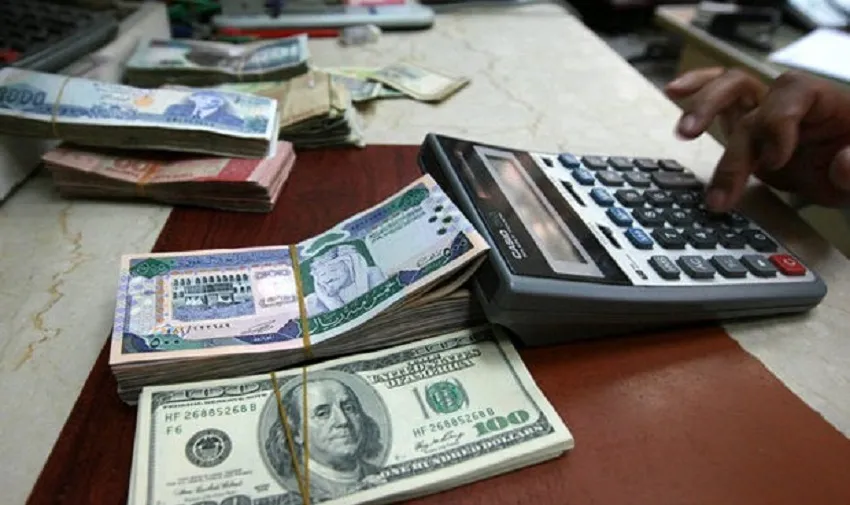Nigeria’s external reserve fell by 3.6% to $39.04 billion in August from $40.520 billion at the end of 2021.

This represents a $1.496 billion loss despite the increase in crude oil prices which the country’s eternal reserve mostly relies on.
Nigeria’s capacity to increase its oil revenues has been constrained by decreasing oil production.
The Nigerian economy is starved of foreign exchange as currency traders continue to complain about restricted forex liquidity, causing the local currency to depreciate more in the FX market.
Although there are a number of CBN policies and programs aimed at encouraging inflows, Nigeria’s inability to attract foreign currencies through export value, diaspora remittances and investments has resulted in a severe FX shortage in the country, encouraging arbitrage in the parallel market.
The decline in foreign reserves comes amidst over $100 crude oil average price in August against a benchmark of $62 per barrel set by the Federal Government for the N17.12trillion 2022 budget.
The Nigerian exchange rate between the naira and the US dollar has massively declined from N565/$1 to N700/$1, representing an N135 differential year to date. The exchange rate stability comes at a cost to the reserves as the Central bank sells foreign exchange in the official window from its external reserves.
The reserve decline can be linked to CBN’s ongoing intervention in the official FX market to limit exchange rate volatility.
CBN noted that foreign exchange inflows through the RT200 FX Programme surged significantly in Q1 and Q2 of 2022, reaching around US$600 million as of June 2022. Nonetheless, the rise in foreign exchange inflows via the RT200 FX does not appear to be adequate to alleviate the forex crises.


Comments are closed.